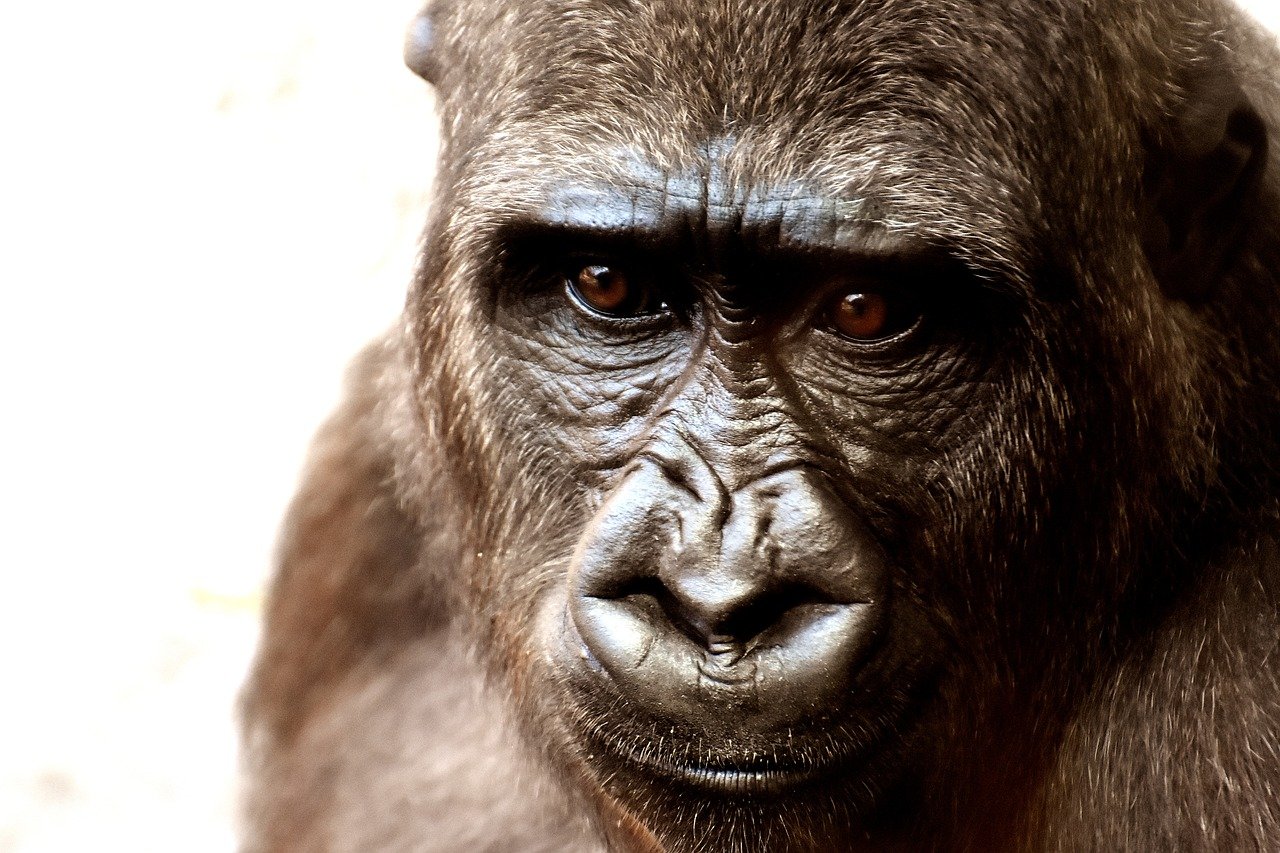No, you can’t live forever

The $110 billion anti-aging industry may be a lost cause. A new study suggests that it’s impossible to stop or even reverse the aging process. It challenges the ideas in the groundbreaking book Lifespan with cellular programming as the next frontier in aging research. The study, an international collaboration that includes scientists from the University of Oxford, says that aging is inevitable due to biological constraints.
Scientists studied wild populations of primates over several decades, testing the “invariant range of aging” hypothesis, which states that a species has a relatively fixed rate of aging from adulthood. It appears that rather than slowing down death, more people are living longer due to a reduction in mortality at an early age. By comparing death and birth data in humans and primates, the scientists found that the general pattern of mortality was the same in all of them. This suggests that biological rather than environmental factors ultimately control longevity.
The information for the study came from thirty different primate species and diverse human populations in 17th to 20th century Europe. All datasets revealed the same pattern of mortality – a high risk of death in infancy which then declines and remains low into early adulthood, and continues to rise again in advancing age.
How long we can live is a topic that’s divided the academic community for decades. Some argue that the human lifespan has no limit, while others say the opposite. Biohackers go to extreme lengths to put the brakes on aging, sleeping in Faraday cages, and wearing special glasses inside to block out blue light. Synthetic biology opens up a world of possibilities with the potential to one day re-engineer our cells and reverse aging. Whether this becomes a reality or stays in the realm of science fiction remains to be seen.